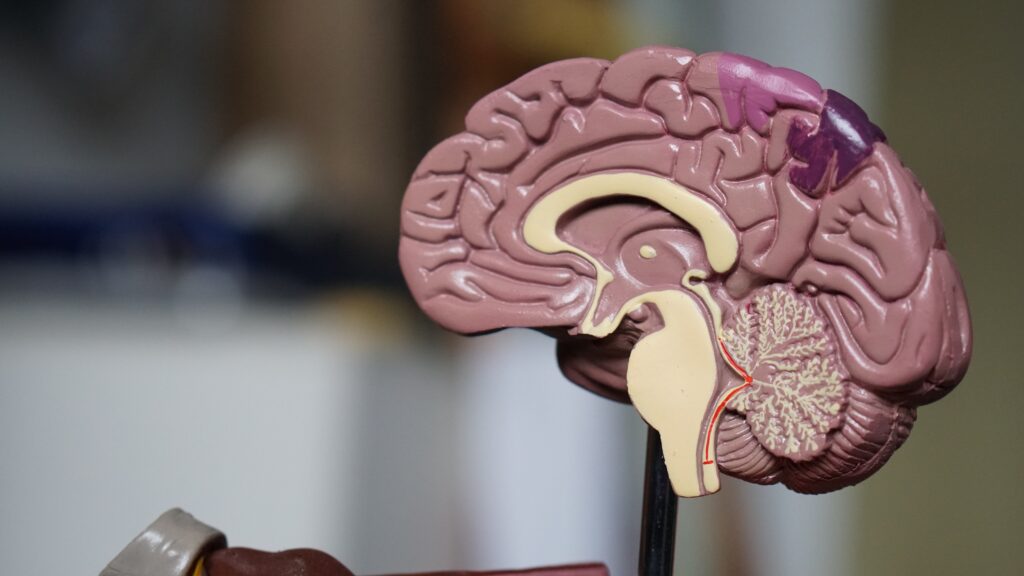A new treatment for Alzheimer’s Disease has been developed in Israel.
When tested on mice, it promoted the healthy growth and functioning of neurons – the cells responsible for communication between the brain and the body.
Researchers at the Ben-Gurion University of the Negev have developed a small molecule – which they call VBIT-4 – that binds to a specific protein (VDAC1) and prevents changes associated with Alzheimer’s, like inflammation in the brain, and the death of neurons.
Alzheimer’s Disease makes it progressively more difficult to do ordinary things like swallowing and moving around, eventually putting patients at risk of poor nutrition, dehydration, blood clots, and falls. There is currently no cure, but there are treatments that may slow its progression.
Decades before they develop the disease, Alzheimer’s patients experience a dysfunction of the mitochondria, which is responsible for producing most of the energy in the cell. They have too much of the protein VDAC1, which leads to the death of cells. Even though the disease is linked to this, no drugs have targeted it – until now.
“Targeting VDAC1 with a novel molecule we developed presents an innovative approach to Alzheimer’s treatment, and can even be used as a preventive treatment,” said Prof. Varda Shoshan-Barmatz, who led the research.
The study was published in the prestigious journal Translational Neurodegeneration.
Related posts

Israeli AI Safety Tool Among TIME’S Best Inventions For 2024

TAU Team Discovers Mechanism To Eliminate Cancerous Tumors

Ashdod Port Investing In Startups As Part Of Innovation Strategy




Facebook comments